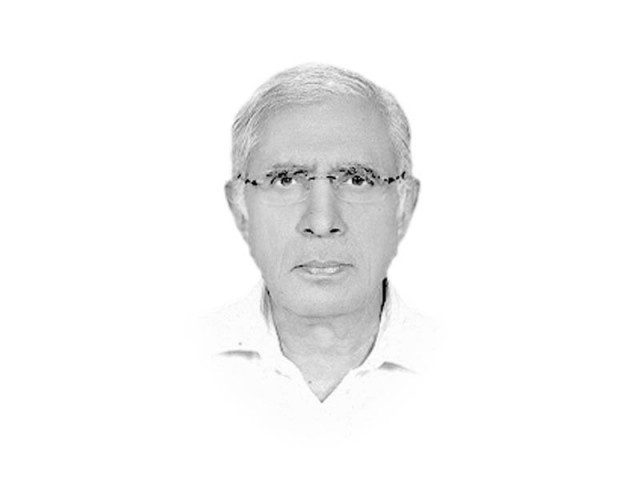A cosy arrangement
Paradise Papers have again proved that the rich of this world don't like to pay legally obligatory financial dues

The writer served as executive editor of The Express Tribune from 2009 to 2014
GIFCS was formed in 1980. According to its website, its present membership accounts for a market share of approximately 10% of global international banking assets. Its 20 members include Antigua and Barbuda, Bahamas, Barbados, Bermuda, British Virgin Islands, Panama and Samoa. Attending the meeting in 2016 as observers were Dubai, Jamaica, Liechtenstein, Nevis and Qatar. GIFCS meets formally twice a year. One of its main aims is to encourage and assist its members in implementing international regulatory standards such as the FATF recommendations, especially in relation to the banking and fiduciary sectors.
In 2014, GIFCS published the TCSP Standard which is intended as a benchmark for its members in their establishment of regulatory frameworks and supervisory practices. This includes requirements regarding AML, bribery and corruption and international sanctions. GIFCS members that met in London following the disclosures of Panama Papers had agreed to the following measures:
* All GIFCS members will achieve a ‘largely compliant’ position with the TCSP Standard within a time frame of three years (April 2019).
* All GIFCS members must submit their action plans for compliance with the TCSP Standard by November 2016.
A formal process to assess members’ compliance against the TCSP Standard was shortly to commence and take the form of a peer assessment. There was an expectation that assessment reports will be published. On paper, these national supervisors are said to have broad powers. They are supposed to ensure that offshore providers meet a number of anti-money laundering requirements, such as verifying the real identity of the person they are doing business with, including when third parties are involved as intermediaries. They also have various sanctions at their disposal when companies fail to comply with these requirements, such as financial penalties and the withdrawal of licences (whether they are using them is another matter).
On 7th and 8th of November, 2017 just two days after the Paradise Papers hit the headlines the GIFCS were supposed to have met again at Hamilton, Bermuda. There is no word so far whether or not this meeting was held. Notes from previous meetings reportedly show that the members of the group are well aware of the risks of illicit activity in the offshore sector.
According to those who keenly follow the offshore banking activities, however, the offshore supervisors seem to have carved out a cosy corner of the international financial system, doing just enough to satisfy global oversight bodies. Even after the Panama Papers, few questions were asked about the lack of action by the offshore supervisors to crack down on dirty cash flowing across borders.
The question being posed now is would Paradise Papers revelations be a turning point?
The Paradise Papers have once again proved that the rich of this world do not like to pay their legally obligatory financial dues to societies that provide them at concessional rates the social, economic and physical infrastructure, the essential ingredients required for them to be able to make their billions. Using their financial clout springing from their riches these billionaires have managed to capture political parties in democratic and quasi-democratic countries and through them legalised a large part of tax evasion designating the loot as tax avoidance; and the wealth accruing to them under this head they stash in the so-called offshore enterprises set up in legally established tiny colonies governed loosely by rich countries.
Published in The Express Tribune, November 11th, 2017.
Like Opinion & Editorial on Facebook, follow @ETOpEd on Twitter to receive all updates on all our daily pieces.















COMMENTS
Comments are moderated and generally will be posted if they are on-topic and not abusive.
For more information, please see our Comments FAQ